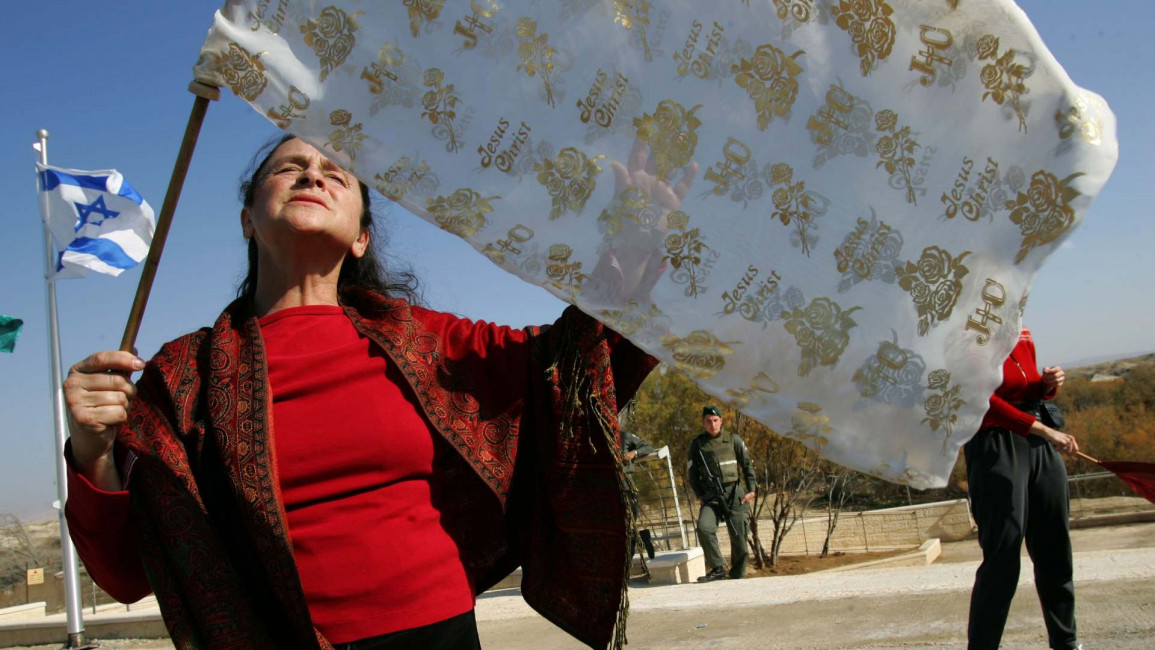'Pro-Israel' evangelical Christian groups bemoan cleric visa rejections by Netanyahu government
Israel has stopped issuing visas to evangelical Christian preachers - including strongly pro-Israeli groups - in a puzzling shift in immigration policy, according to reports.
Evangelical Christian organisations operating in Israel can no longer obtain visas for staff, having a major impact on charity work, Haaretz has reported.
"We are slowly being squeezed out of existence by the interior ministry," David Parsons, vice president and senior spokesperson of the International Christian Embassy Jerusalem (ICEJ), told the Israeli daily.
"We cannot continue our vital work to build global Christian support for Israel under these strict new rules."
The ICEJ has reportedly spearheaded attempts to have states with large evangelical Christian populations, particularly in the Oceania area, to open embassies in Jerusalem - a key aim of successive Israeli governments. Christian Palestinians meanwhile face harsh oppression under Israeli occupation and have been targeted by ultra-Orthodox Jewish extremists.
Despite this, evangelical Christian groups are often viewed with suspicion by many in Israel, particularly the religious right, fearing their outreach work is a cover for converting Jews to Christianity.
Some evangelical organisations have focused on helping Holocaust survivors - what they say is an attempt to right the wrongs of Christian Europe's past. Others have worked to encourage Jewish migration to Israel, in an apparent bid to herald the second coming of Jesus.
The ICEJ told Haaretz they had assisted 180,000 Jews in moving to Israel and also hosts the so-called Feast of the Tabernacles - a massive Christian religious tourism and prayer festival held at holy sites in Israel.
The group said that new work visas were not issued during Covid pandemic and since the new Israeli government was established in December 2022, visas for its preachers are similarly elusive.
It was recently informed by the Israeli interior ministry that it was not considered a religious institution, hence the rejection of its clergy visa applications, leaving Parsons - widely considered a stalwart supporter of Israel - "shocked".
"This denial comes despite the fact that we are in both name and nature a Christian organisation, are duly registered as a 'Christian association' and have been receiving clergy visas from the ministry of interior for decades," he told Haaretz.
Analysts say that Israel's new government includes many far-right and religious-right parties with a distrustful attitude toward some Christian groups, particularly those with a hidden proselytising agenda.
In 2020, Israeli authorities took a Christian TV station off the airways, while the United Torah Judaism party is seeking a law that would essentially criminalise conversions.



